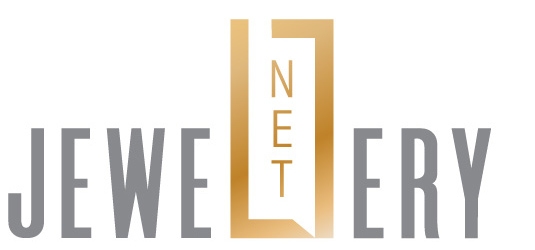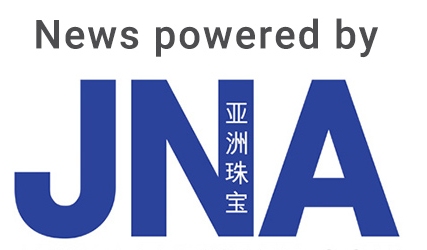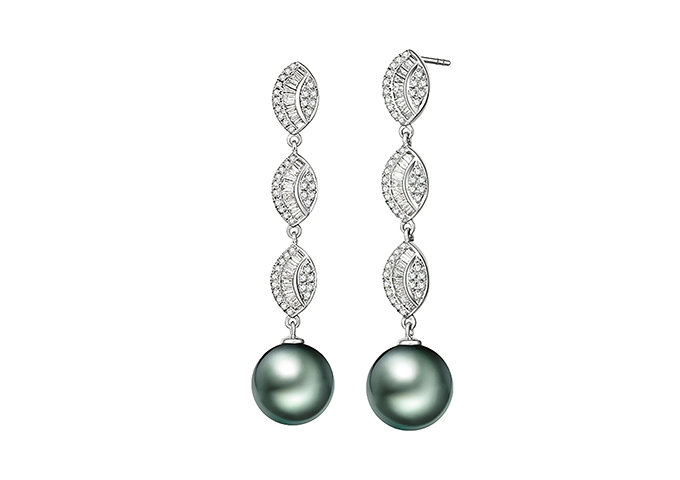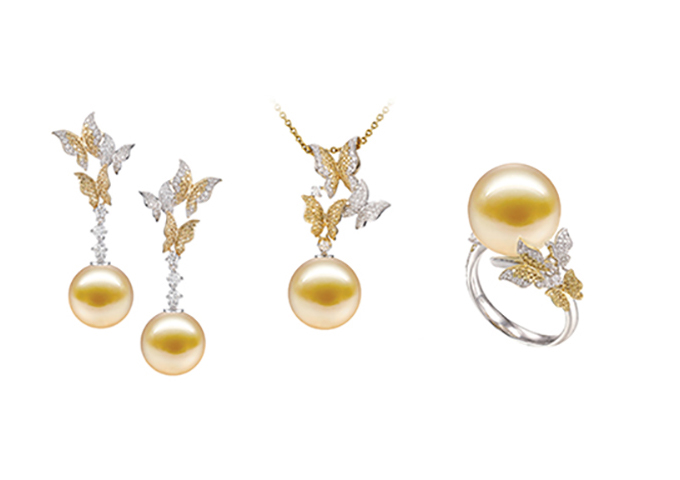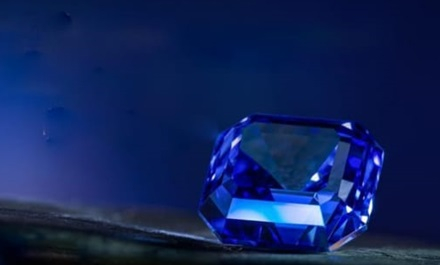With China’s increasing environmental protection requirements, the country’s pearl industry is entering a new phase of development, characterised by lower production volume and improved quality of pearls. Such reforms, alongside the persistent impact of Covid-19, are ushering in a new era for the pearl business.
Retail sales of pearl jewellery in China reached RMB15 billion (around US$2.17 billion) in 2020, accounting for around 2.5 per cent of the country’s total jewellery sales, data from the 2020 China Jewellery Industry Development Report by the Foundation of the Gems & Jewelry Trade Association of China revealed.
Further testament to the growing strength of China’s pearl sector is the development of an aquaculture industry in pearl farming regions, which allowed the domestic pearl business to gradually form industry hotspots. Freshwater pearls are centred in Jiangsu and Zhejiang Provinces while saltwater pearls are at the heart of Guangxi, Guangdong and Hainan Provinces.
Among these destinations, Zhuji City in Zhejiang Province has become a freshwater pearl haven, earning it the title, “Pearl Capital of China.” The Chinese pearl market is mainly composed of marketplaces in farming regions and in wholesale cities, and the export hub of Hong Kong, alongside widely distributed pearl shops in the country.
Freshwater pearls
Annual production of freshwater pearls reached more than 5,000 tonnes during peak production. In 2020 however, production was reduced to just over 500 tonnes due to environmental protection requirements, restrictions on farming conditions and rising costs. Amid lower production, the quality of pearls has improved tremendously, owing to farmers’ increased technical input. Pearls now come in more colours and sizes of more than 20mm in diameter.
The country’s more stringent environmental protection laws boded well for China’s cultured pearl industry as it ushered in a fresh era of quality enhancement. Pearl farmers in various regions are actively exploring new culturing methods and technologies to advance pearl cultivation while achieving sustainable development. Leading pearl companies meanwhile focus on research and quality improvement to further strengthen the global positioning of China’s freshwater pearls.
Business in a pandemic
Covid-19 undoubtedly had a massive impact on the jewellery business, hampering travel and trade. To jumpstart activities in the market, Shenzhen Jewelry Industry Service Co Ltd hosted a bonded trade fair in March 2021. The event, launched by the Jewelry and Jade Bonded Service trading platform of Shenzhen, allowed jewellers to view and purchase foreign goods without leaving China.
Pearl companies meanwhile seek assistance from trade associations. The Shenzhen Pearl Trade Association presently has more than 100 members including well-known pearl companies from Guangdong, Guangxi, Zhejiang and Hainan Provinces.
According to Tu Xingcai, president of Shenzhen Pearl Trade Association, the group works closely with Shenzhen Customs, Luohu district government and other departments to ensure seamless transaction channels, integrate industrial resources, reduce costs for enterprises and transform the pearl industry from a traditional import and export model to bonded logistics.
This transformation promotes further development of the pearl industry and enhances the voice of Shenzhen jewellers while striving to convert the seller’s market to a buyer’s market.
Leaders
The pandemic effectively changed the jewellery industry and in the long term, market share will be further consolidated in favour of industry leaders.
In 2020, some small and medium-sized pearl companies whose offline channels were severely hit by the crisis had to close their stores.
Bigger companies – owing to their strong resources and capabilities to deal with a pandemic – adapted to the situation. They continued to expand offline channels at a lower cost and seize additional business. Through effective branding strategies and a broader reach, these leading companies could further enlarge their share of the market over time.
Consumers are more inclined to purchase jewellery and other valuable accessories from well-known brands for more authenticity and protection, lending further credence to business scale and channels in capturing more sales.
Consumer trends
The domestic pearl market has developed significantly since the 2008 financial crisis. With the continued improvement in people’s living standards and evolving preferences for products and services, young buyers are expected to purchase more jewellery for daily wear. Millennials and Gen-Z’s have become main consumers, which greatly contributed to the modernisation of the pearl market.
The younger generation’s consumption habits differ from those of middle-aged people who pursue value preservation. Instead, they pay more attention to personalised design and wear jewellery to reflect their personal style and taste. On-trend designs helped expand the reach of pearl jewellery to a wider audience.
Buyers have also become more adventurous, choosing non-traditional pearl colours such as eggplant purple, brown and platinum grey, to name a few.
Pearl jewellery priced from RMB500 to RMB3,000 (around US$72 to US$435) are the fastest moving in the domestic market. Mixing and matching of pearls and other jewellery materials is also popular among the younger generation. In addition, opportunities to buy jewellery are no longer confined to traditional events like weddings and Chinese festivals; people are also purchasing jewellery to celebrate love, friendship and for self-gifting.
“Pearls will continue to be marketed as a must-have piece of jewellery like gold and diamonds. Pearls can be given as gifts on Mother’s Day, wedding anniversaries and other ceremonies to mark these special occasions,” noted Tu of the Shenzhen Pearl Trade Association.
Zhuji – China’s Pearl Capital
Zhuji City is in the southern part of the Yangtze River Delta, north of central Zhejiang Province, with an area of 2,311 square kilometers and a population of 1.07 million. Zhuji’s freshwater pearl farming began in the late 1960s. After decades of development, it has become the largest freshwater pearl farming, processing and trading base in China, and has the country’s largest pearl B2B market and only provincial-level pearl industrial processing park. The city was named the “Pearl Capital of China” by the government. At present, there are 2,381 large and small enterprises and workshops engaged in pearl cultivation, processing, wholesale and retail in the city, with an annual production level of RMB18 billion (around US$2.61 billion). It is one of the jewellery-themed bases in China. In November 2020, the World Pearl Congress convened in Zhuji’s Shanxia Lake Pearl Town, which was declared the event’s permanent venue.
Top-notch pearl cultivation. Zhuji’s freshwater pearl farming area amounts to 200,000 mu (133.3 million square meters), with more than 3,000 farming units. Pearl farmers from Zhuji are spread across 12 provinces and cities around China’s five major freshwater lakes. They ship the mussels back to Zhuji for processing. Annual production of freshwater pearls accounts for 73 per cent of global output and 80 per cent of the country’s total production.
Technological advancement. The city has established China’s first freshwater pearl research institute and quality inspection centre as well as a technology innovation service platform for the pearl industry. Zhuji works closely with local universities and research institutes. New products and technologies continue to emerge, and the development of special-shaped pearls and nucleated pearls has greatly improved the quality and value of freshwater pearls.
Branding. Zhuji’s pearl industry has many homegrown brands. The so-called “Shanxia Lake” pearl is a famous brand in Zhejiang Province. At the same time, Zhuji pearls have gradually shifted from export-oriented to domestic consumption, and from OEM processing and wholesale to retail development and branding.
The Zhejiang Pearl Trade Association is the only organisation in Zhuji City that represents the pearl industry. “The association is a bridge connecting the government and businesses in creating solutions,” said He Tieyuan, secretary-general of the Zhejiang Pearl Trade Association.
At present, Zhuji’s freshwater pearls are nucleated. “Nucleated freshwater pearls are comparable to Tahitian pearls. The quality of our pearls is constantly improving alongside their popularity. The biggest challenge now is to further upgrade our pearl jewellery designs,” added He.
